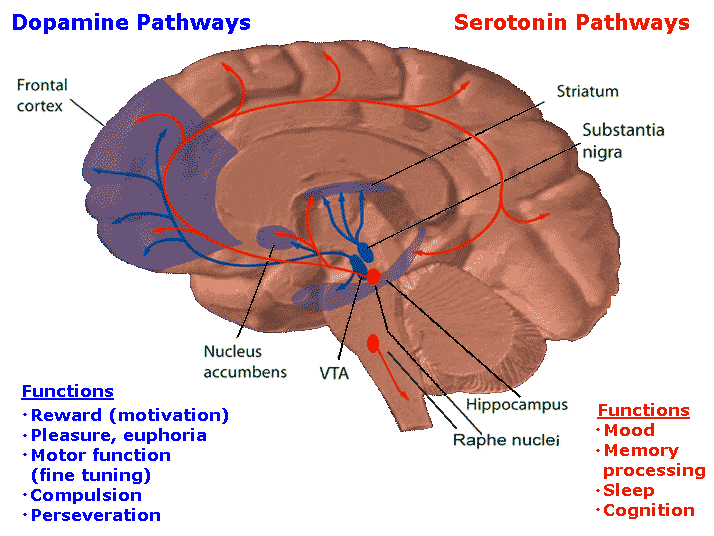The reward centers of our brains light up more when we re talking about ourselves than when we re talking about other people we are basically our favorite subject

The Reward Centers in Our Brain: Our Fascination with Ourselves

Have you ever noticed how much we enjoy talking about ourselves? It turns out there’s a scientific reason behind it. Our brain’s reward centers actually light up more when we’re discussing our own experiences and thoughts compared to when we’re talking about others. So, it’s no wonder that we are our favorite subject.
Research has shown that when we engage in self-disclosure, such as sharing personal stories or opinions, certain areas of our brain become activated. These regions, known as the reward centers, include the ventral striatum and the medial prefrontal cortex. They are responsible for producing feelings of pleasure and satisfaction.
One study published in the Proceedings of the National Academy of Sciences discovered this fascinating phenomenon. The researchers used functional magnetic resonance imaging (fMRI) to examine the neural activity of participants while they discussed both personal and non-personal topics. The findings were clear – talking about oneself triggered stronger reward responses in the brain compared to discussing other people.

But why is this the case? According to the researchers, there are a few possible explanations. One reason is that when we share personal information, it allows us to establish social connections and build relationships with others. By revealing our thoughts and experiences, we show vulnerability and create a sense of trust. This interaction can activate the reward centers and reinforce positive emotions.
Another hypothesis revolves around the role of dopamine, a neurotransmitter associated with pleasure and rewards. When we talk about ourselves, dopamine is released in the brain, giving us a sense of enjoyment. This chemical reaction could be one reason why we find discussing our own lives so satisfying.
Furthermore, the researchers suggest that our self-centeredness may be rooted in our evolutionary biology. Throughout human history, individuals who were keen on self-presentation and self-promotion may have had a greater chance of survival and reproduction. This preference for self-related information may have become hard-wired into our brains over time.
Interestingly, this neurological response can have wide-ranging implications for various aspects of our lives. It impacts social interactions, online behavior, and even marketing strategies. By understanding this innate fascination with oneself, companies can tailor their advertisements and content to capture the attention and interest of consumers.
In conclusion, our brains are wired to find ourselves endlessly fascinating. The reward centers in our brain light up when we talk about ourselves, indicating that we are our favorite subject. Whether it’s establishing connections with others, the release of dopamine, or an evolutionary trait, our self-centeredness plays a significant role in shaping our thoughts and behaviors. So, the next time you catch yourself enjoying a conversation about yourself, remember, it’s not just vanity – it’s science.
Source:
Related Posts
Quick Links
Legal Stuff

